
Austin Mackell, an Australian journalist based in Cairo who has reported on the Egyptian revolution, speaks about his arrest by the regime, and Egyptian politics around the elections.

Austin Mackell, an Australian journalist based in Cairo who has reported on the Egyptian revolution, speaks about his arrest by the regime, and Egyptian politics around the elections.
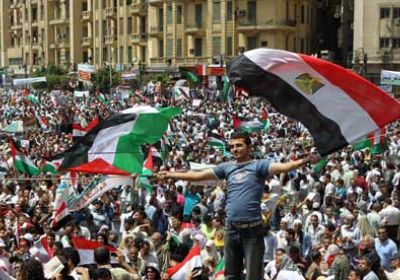

This solidarity statement from supporters of the Occupy movement Cairo, Egypt, was released on October 24.
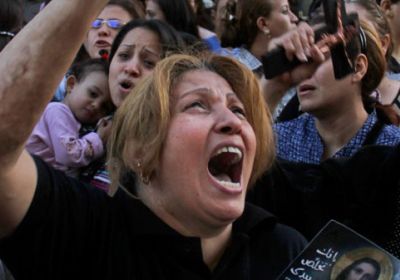

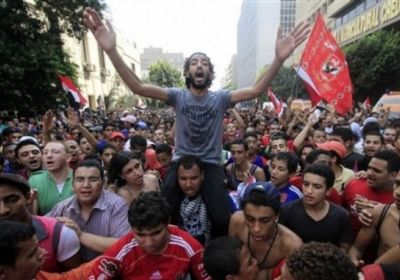
After the overthrow of Egyptian dictator Hosni Mubarak in February, a new chapter in Egyptian history is being written and its authors are the people themselves.
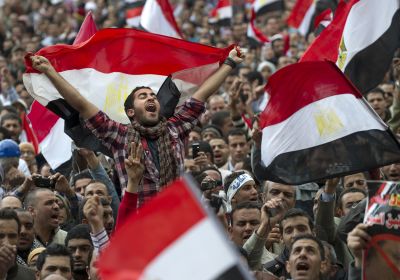

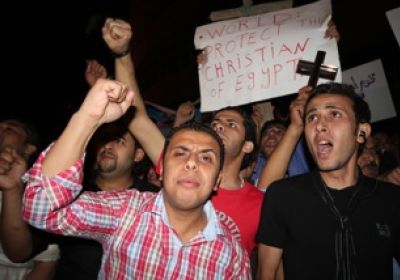
The streets of Cairo have been the frontier for a range of demonstrations over the past two weeks. A Day of National Unity between Christians and Muslims was held on May 13.
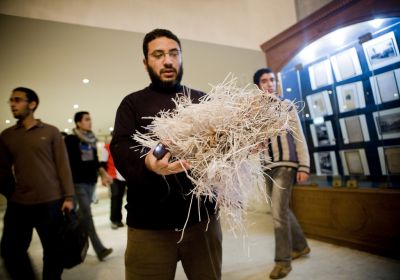
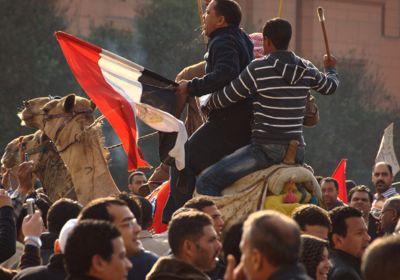
After as many as 2 million people took over Tahrir Square and the streets of Cairo, with millions more across Egypt, on February 1 to demand on end to the US-backed dictatorship of Hosni Mubarak, the regime responded with a violent assault on protesters continuing to occupy the square.
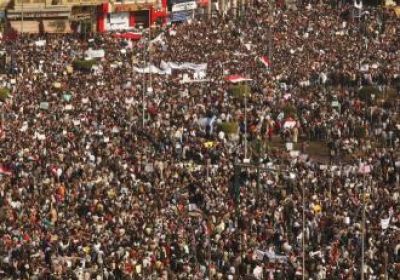
International Socialist Review editor Ahmed Shawki reports from Cairo on the latest mass protests against Hosni Mubarak--and what the future holds for Egypt's uprising.